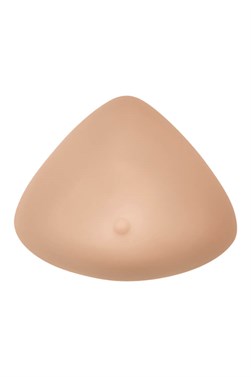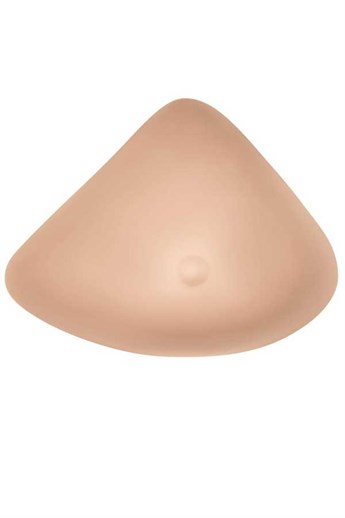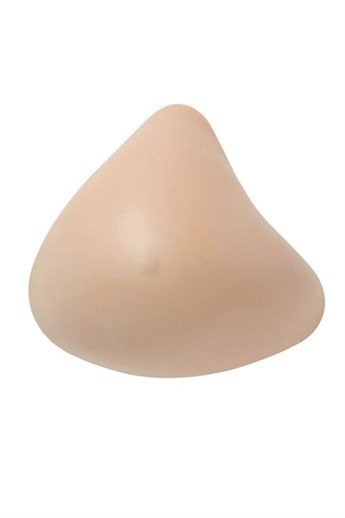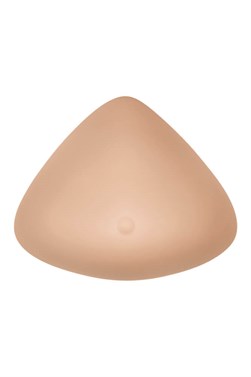What to expect after a lumpectomy
Learn what to expect after a lumpectomy. Get insights on managing pain, swelling, and emotional well-being to support your recovery journey.
A lumpectomy is a common breast cancer surgery where the tumor and some surrounding tissue is removed. Understanding what to expect after a lumpectomy can help you prepare for recovery and manage your health effectively.
Immediate post-surgery period
If you’re wondering what to expect after a lumpectomy, your medical team will be able to give you guidance during your consultation. This way you can be prepared for how you might feel after surgery. You should always feel comfortable enough to ask questions so that you know what to expect. Here’s an overview of what to expect after a lumpectomy:Recovery room
After your lumpectomy, you will spend some time in the recovery room where medical staff will monitor your vitals as you wake up from anesthesia. You might feel groggy or disoriented initially.
Pain management
Pain and discomfort are normal after surgery. Your doctor will prescribe pain medication to manage this. Follow your prescribed pain management plan to ensure you stay comfortable during the initial recovery phase. If at any point you’re worried about the pain you’re experiencing or you feel you need more pain management, don’t be afraid to speak to your healthcare team.
Incision care
Again, you will get guidance from your healthcare team on the right post-surgery aftercare, and how to take care of your incisions. Here are some tips on good general wound care to help you:
- Keep the area clean and dry to prevent infection.
- Follow your doctor's instructions on how to care for the incision site.
- Avoid heavy lifting and strenuous activities to protect the surgical area.
Physical recovery from a lumpectomy
After your immediate post-surgery recovery period, you’ll also have a longer physical recovery period from your lumpectomy. Here are some things that you might expect as part of your recovery period.Swelling and bruising
Swelling and bruising around the surgery site are common and usually subside within a few weeks. Wearing a post-surgical compression bra can help manage swelling.
Limited mobility
You might experience limited mobility in your arm and shoulder on the side of the surgery. Gentle exercises recommended by your healthcare provider can help restore movement. If you’re worried about your mobility or experiencing any pain you weren’t expecting, speak to your healthcare team.
Fatigue
It's normal to feel tired as your body heals following surgery. Ensure you get plenty of rest and avoid overexertion. Don’t put pressure on yourself to be physically active, and if you can take time off work then you should until you feel ready to go back. Especially if you have an active or physical job.
Emotional recovery from a lumpectomy
It’s also totally normal to feel the emotional impact of your surgery. Your mind and body are connected, and what’s going on with you, physically, will affect your emotions too. Don’t be scared to talk to someone you trust or ask for a referral from your medical team if you feel like you need some professional help with your emotional recovery.Emotional support
Recovering from a lumpectomy can be emotionally challenging. It's important to seek support from friends, family or a professional counselor. Joining a support group can also provide comfort and reassurance from people who understand your experience.Body image
Changes to your body can impact your self-esteem, which can affect your emotional wellbeing and your confidence. Using partial breast shapers or specially designed bras can help you feel more comfortable and like yourself. This can help with your body image and with how you feel emotionally after surgery.Tips for a smooth recovery
While all post-surgery experiences are individual, there are some tips that can help you with what to expect after a lumpectomy:
- Follow medical advice and always adhere to your doctor's recommendations for post-surgery care.
- Stay hydrated and eat healthily to aid the healing process.
- Gentle exercise, as advised by your healthcare team, can help you to maintain mobility without straining yourself.
- Monitor your health and keep an eye on your incision site for signs of infection and report any unusual symptoms to your doctor immediately.
Understanding what to expect after a lumpectomy can help you prepare for the recovery process, both physically and emotionally. Being well-prepared for what to expect after your surgery can make a significant difference in your recovery experience.


















